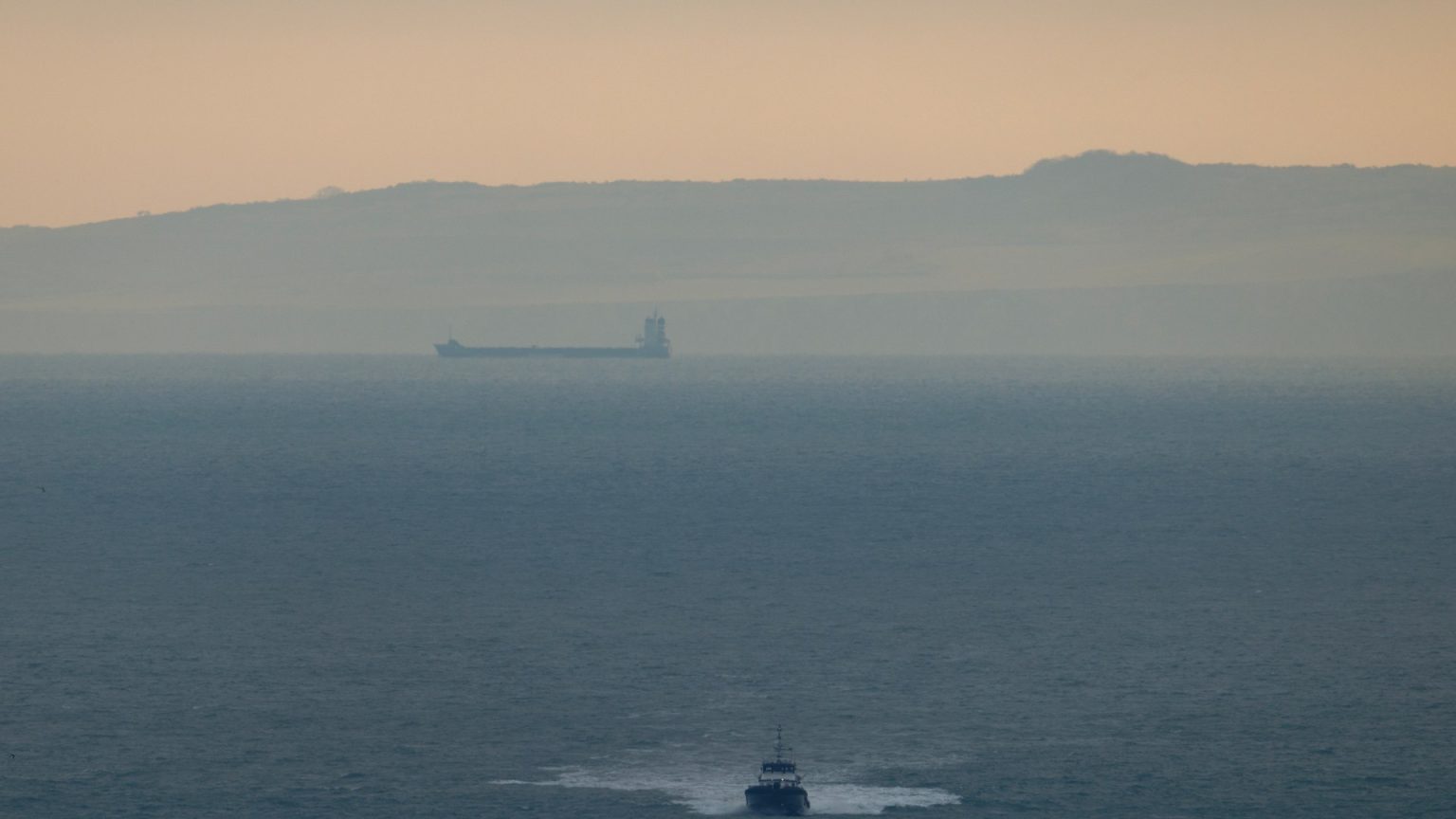The UK government is actively combating illegal migration by targeting the source of the problem in North Africa, particularly Tunisia. A £5 million investment supports projects aimed at intercepting migrant boats before they reach European shores. This includes supplying Tunisian authorities with drones, night vision goggles, and other equipment to enhance their surveillance and interception capabilities. The British-trained Tunisian National Guard has successfully intercepted and returned 66,000 migrants in the past year, preventing them from embarking on the perilous journey across the Mediterranean to Italy, a common entry point to Europe. This upstream intervention is considered crucial to stemming the flow of migrants who often originate from countries like Chad, Sudan, and Eritrea, and ultimately attempt to reach the UK via the English Channel.
Foreign Secretary David Lammy emphasizes the multi-faceted approach required to address the complex issue of illegal migration. This involves international collaboration, targeting criminal gangs involved in human trafficking through sanctions and disrupting their operations, collaborating with countries like Tunisia to repatriate migrants, and working upstream to prevent departures. Lammy compares the fight against human trafficking to the historical fight against the slave trade, highlighting the seriousness and scale of the problem. He stresses the need for sustained effort and commitment to reduce migrant numbers and dismantle the criminal networks facilitating their movement.
The provided technological support, including drones and other surveillance equipment, is intended to save lives at sea and enable Tunisian authorities to safely disrupt dangerous crossings. Training provided by British border officials encompasses drone operation and safe interception techniques. The UK has also provided essential safety equipment for Tunisian officials, such as armored life jackets, recognizing the potential dangers posed by migrants who may be armed or become aggressive during interception. The ultimate goal of these efforts is to prevent migrants from reaching the point of attempting the Channel crossing.
The UK government’s strategy also includes educational programs designed to equip migrants in Tunisia with skills and opportunities to return to their home countries and find employment. This approach aims to provide an alternative to the risky and often exploitative journey to Europe. By offering viable alternatives, the government hopes to reduce the incentive for migrants to engage with smuggling networks and undertake perilous journeys.
Border Security Commander Martin Hewitt underscores the importance of upstream intervention, emphasizing that tackling the problem at its source is far more effective than trying to intercept migrants at the final stage of their journey, when they reach the English Channel. Hewitt believes that every prevented departure reduces the strain on European resources and lessens the number of migrants eventually attempting the dangerous Channel crossing.
Despite the government’s efforts and the recently introduced Border Security, Asylum and Immigration Bill, which aims to further strengthen border security and disrupt smuggling operations, over 1,000 people have arrived in Dover on small boats this year. The ongoing challenge demonstrates the scale of the problem and the need for continuous and adaptable strategies to effectively address illegal migration and protect vulnerable individuals. The visit to Tunisia and the showcased initiatives demonstrate the UK’s commitment to collaborating with international partners and investing in solutions that target the root causes of illegal migration. The focus on upstream intervention and disrupting criminal networks is seen as crucial to achieving long-term success in reducing the number of individuals risking their lives on dangerous journeys.











